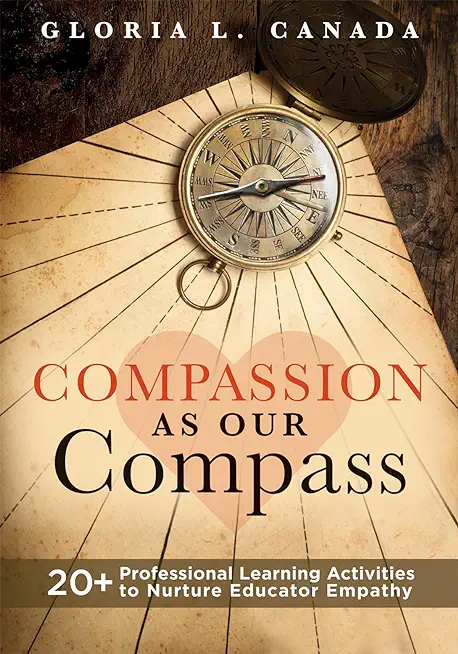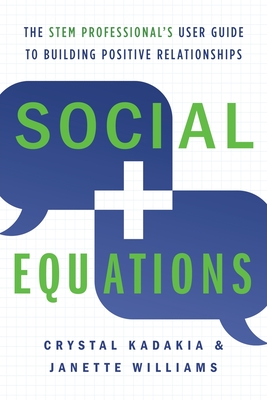
Canada, Gloria L.
product information
description
varying needs and perspectives in a meaningful way is challenging. By intentionally incorporating best practices, educators learn to facilitate honest dialogue, cultivate inclusion, build trust, and form a sense of emotional safety for students. Using field-tested, research-backed activities, Gloria L. Canada provides strategies, personal stories, and lessons learned to help educators create a compassionate, empathetic school culture.
This book will help K-12 administrators, teacher leaders, and counselors:
Contents:
Introduction
Chapter 1: Acknowledging Trauma
Chapter 2: Creating Connections
Chapter 3: Accepting Others
Chapter 4: Considering Our Roles
Chapter 5: Helping High-Mobility Students
Chapter 6: Increasing Caregiver Engagement
Conclusion
References and Resources
Index
This book will help K-12 administrators, teacher leaders, and counselors:
- Transition the professional learning lessons into lessons or activities educators can use with students
- Address the importance of building connections with students to foster a sense of trust and safety
- Examine the various roles educators play and ways they are called on to step up to build student rapport
- Gain explicit directions and materials lists for facilitating activities that focus on bringing compassion to the forefront
- Learn the challenges that high-mobility students face and the ways educators can be mindful of and address those unique challenges
Contents:
Introduction
Chapter 1: Acknowledging Trauma
Chapter 2: Creating Connections
Chapter 3: Accepting Others
Chapter 4: Considering Our Roles
Chapter 5: Helping High-Mobility Students
Chapter 6: Increasing Caregiver Engagement
Conclusion
References and Resources
Index
member goods
No member items were found under this heading.
Return Policy
All sales are final
Shipping
No special shipping considerations available.
Shipping fees determined at checkout.







